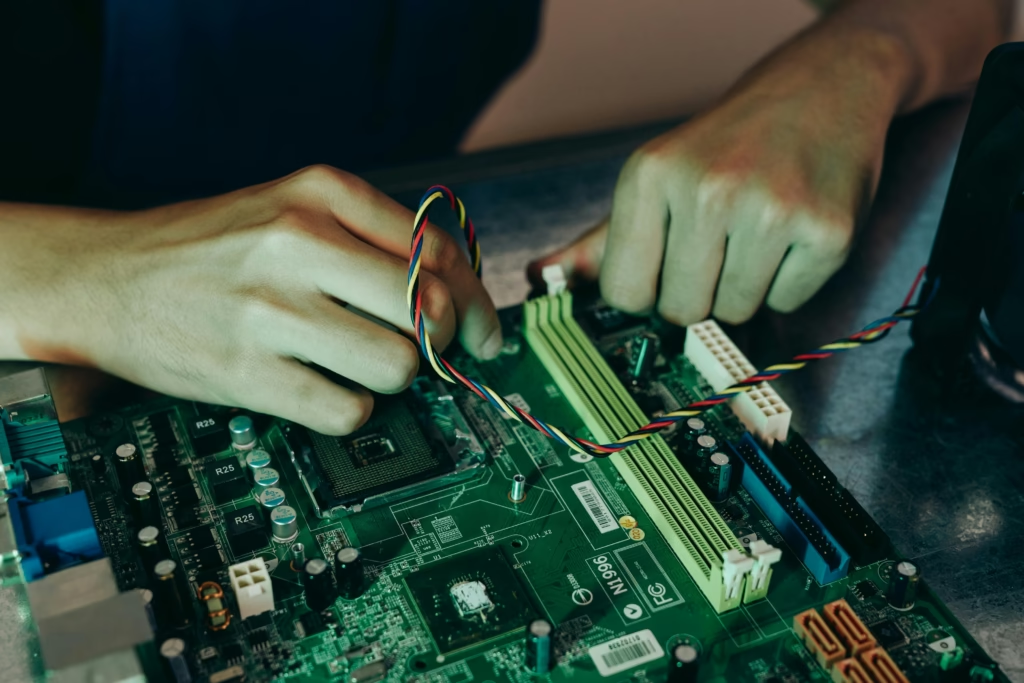Wah, Punjab, Pakistan – December 1, 2024 – Artificial intelligence (AI) is rapidly transforming our world, offering incredible potential in fields like medicine, education, and technology. However, growing concerns surround the potential for AI misuse, prompting experts to call for urgent safeguards.1
Renowned computer scientist Geoffrey Hinton, often called the “Godfather of AI,” recently resigned from Google, expressing fears about the technology’s trajectory.2 Hinton, alongside figures like Elon Musk, warns of AI’s potential for malicious use, including the creation of autonomous weapons, the spread of misinformation, and mass surveillance.3
“AI is a double-edged sword,” says Dr. Amina Khan, a leading AI researcher at the National University of Sciences and Technology (NUST) in Islamabad. “While it offers incredible benefits, its misuse could have devastating consequences. We need to act now to ensure AI is developed and used responsibly.”
Key concerns highlighted by experts include:
- Job displacement: Automation driven by AI could lead to significant job losses, particularly in sectors like manufacturing and customer service.4
- Deepfakes and misinformation: AI can be used to create highly realistic fake videos and audio recordings, potentially used to spread misinformation and manipulate public opinion.5
- Algorithmic bias: AI systems trained on biased data can perpetuate and amplify existing societal biases, leading to discrimination in areas like loan applications and criminal justice.6
- Autonomous weapons: The development of AI-powered weapons raises ethical concerns and the potential for uncontrolled escalation in conflicts.7
To mitigate these risks, experts urge the development of robust safeguards, including:
- Ethical guidelines and regulations: Clear ethical frameworks and regulations are needed to guide the development and deployment of AI systems.8
- Transparency and explainability: AI systems should be transparent and explainable, allowing humans to understand how decisions are made.9
- Education and awareness: Increased public awareness and education about AI’s potential benefits and risks are crucial.
- International cooperation: Global collaboration is essential to address the challenges posed by AI and ensure its responsible development.10
“The future of AI depends on our ability to harness its power for good while mitigating its potential harms,” Dr. Khan emphasizes. “This requires a concerted effort from governments, researchers, and the public to ensure AI benefits all of humanity.”
The debate surrounding AI’s ethical implications is intensifying as the technology advances. It remains to be seen whether society can effectively address the risks while reaping the rewards of this transformative technology.



